COURSE DESCRIPTION FOR MA PROGRAMME
AFS 810: Introduction to African and Diaspora Studies
The course will open with a clear demarcation of the province of African Studies. Key issues and contestations, such as origin, meaning, scope and methodology of African and African Diaspora Studies will be discussed. The course will also provide the opportunity to discover the rich and fascinating tapestry of diverse peoples, societies and cultures of Africa and the Diaspora. The question of African identity occasioned by slavery, colonialism and racialism will also be discussed. An important theme of the course will be the diversity of Continental Africa with 55 recognized states and perhaps 2000 languages (about one third) of all languages spoken by humans today. Finally, the course will focus on the basic ontological assumptions behind African and African Diaspora realities and beliefs systems, including religious beliefs.
AFS 811: Pan Africanism and African Diaspora
This course will expound upon Pan-Africanism as a political and cultural movement as well as an ideology, tracing its development from the late 19th century thought of Harlem Renaissance and other thinkers such as Langston Hughes, W.E.B. Dubois, Malcolm Little, Martin Luther King, Walter Rodney, Frantz Fanon, to the 21st century. In addition to the concept of Pan-Africanism, the course explores related themes such as Black Nationalism and Négritude, while situating key figures of the African Diaspora within intellectual genealogy of Pan- African thought. Lectures will be supplemented with documentary films and other multimedia sources.
AFS 812 : The Rule of Law and Governance in Africa and African Diaspora
The course first introduces students to contemporary Africa and its modern history, cultural diversity, politics, arts and literature, its role in globalization and its relationship with the international community. It further delves into Africa and African Diaspora Philosophy of Law with specific sensitivity to the foundations of African and Diaspora societies as communitarian spaces for cooperative existence, with legal traditions conducing to this fundamental metaphysic. It recognizes and discusses the triple heritage elucidated by Mazrui, albeit within the context of religious traditions in Africa: European/Christian Legal Traditions, Islamic Legal Traditions and African Indigenous Legal Traditions, leading to legal parallel epistemologies and parallel legal outcomes, which are never properly synthesized. Careful attention is paid to the foundations of the rule of law, justice, punishment, evidential traditions, and concepts of right and wrong in the three legal traditions, with a view to understanding the inchoate jurisprudential terrain in Africa and the African Diaspora in contemporary times.
AFS 813: Ideas of Decolonization
Clarification of concepts: colonialism, decolonization, neo-colonialism, re-colonization. Liberation and decolonization philosophies: F. Fanon’s racial and colonial revolutionary theory; A. Cabral’s cultural theory; Martin Bernal’s revisionist thesis; Léopold Sédar Senghor’s Négritude; Julius Nyerere’s Ujamaa, Kenneth Kaunda’s humanism; and Kwame Nkrumah’s consciencism. Decolonization as postmodern and externalist resistance in the Third world: Walter Rodney and Ali Mazrui in focus. The internalist construction of decolonization and development: Muyiwa Falaiye and George Ayittey in focus. Decolonization of the methodologies of disciplines: Okot p’Bitek and the decolonization of religious studies; Ngũgĩ wa Thiong’o on decolonizing language and literature; L. Smith on decolonization of history; Kwasi Wiredu on conceptual decolonization and African philosophy. Euro-American domination of African studies scholarship: need for and recipes of decolonization.
AFS 814: Race, Science and Medicine
This course shall examine the political, economic and ethical intersections of race, science, and medicine from the period of slavery to 21st century DNA sampling. It shall explore black identity in medicine especially, the ways sub-Saharan African genetic diversity has intensified biotechnology, pharmaceutical, and biomedical research interest in both pre-colonial and postcolonial research on value of the Black body in medical research. Historical forms of racialized exchange and obligations to participate in clinical trials under unequal structures of appropriation shall be discussed. The moral dilemmas of Blacks in the Diaspora in integrating with the healthcare system in the West within the broader context of differences in conceptions of illness and wellbeing shall be explored. Black experiences within the context of contemporary bioethical challenges of inclusion and consent concerning African-descent research recruitment and participation shall also be discussed.
AFS 815: Research Methods in African and African Diaspora Studies
This course equips students with an interdisciplinary and methodological pluralism in researching the African experiences as well as ethics in African studies research. Also it explores methods of research in African studies: ethnography, participant observation and interviewing; oral history and archival research; participatory action research; quantitative methods; visual methods; speculative and reconstructive methods. Stages of Research in African studies: formulating research topic; identification of research problems; surveys, sampling and social categories; critique of literatures; data gathering and analysis. Report writing and reference documentation are also taught.
AFS 816: Issues in African and Diaspora Philosophy
The course will critically examines basic issues in African philosophy, such as African worldviews, various theories and definitions of African philosophy, African doctrines or theories of reality and the universe, life force and its cosmic interactions, moralism in ancient African philosophy, African humanism, the question of African identity, various schools of thought in African philosophy as well as problems in African philosophy will be identified and discussed. It will further discuss some special themes in African Philosophy such as: slavery, colonialism, leadership vacuum, educational issues, morality of oppression, dependency syndrome, scapegoat mentality, identity crises, etc., and intellectual figures in African Philosophy such as Sithole, Awolowo, Nkrumah, Nyerere, Cabral, Mandela, Tutu, Wiredu, Oruka, Sodipo, Hountondji, etc.
AFS 817: Basic Yoruba Language
The course introduces students to the history of the Yoruba, their religion and worldview. It also teaches Yoruba grammar, Yoruba phonetics and phonology. Practical exercises will be done through regular interactions with Yoruba communities in order to enhance the proficiency in spoken Yoruba.
AFS 818: Basic Igbo Language
This course introduces students to the history of Igbo people, their religion and worldview. The course will also take a look at The Igbo grammar, phonetics and phonology. Practical exercises will be done through regular interactions with Igbo communities in order to enhance the proficiency in spoken Igbo.
AFS 820: Issues and Debates in Black African Cultural Identity
This course enables students to examine the key issues in research especially on the construction of identities: essentialism and eliminativism. African and Afro-diasporic identities as social constructs: roles of gender, class, race, sexuality, and nationality. The identity question: eurocentricism and the Afrocentric response. The Bell Curve theory and the concept of Blackness. Blackness as resistance: Frantz Fanon, Martin Luther King Jr., Malcolm X. Blackness and consciousness: W.E.B. Du Bois, Paul Gilroy. Identity in the age of globalization, multiculturalism and cosmopolitanism: Kwame Appiah, Will Kymlicka, Charles Taylor. Dilemmas of collective and unique black identity: Ladun Anise, Muyiwa Falaiye. Cultural dislocation, identity question and the future of Africa: Kwasi Wiredu, Olusegun Oladipo. They will further discuss issues relating to the Caribbean/West Indies/Antilles and the relationship of the Caribbean Diaspora to these entities. The course in addition will expose them to the ideological debates surrounding identity formation with special reference to the issues pertaining to the colonial and the post-colonial context. The relationship between identity, race, culture, gender, sexuality and ethnicity in the Caribbean will also be explored. Consequently, such concepts as creolisation, interculturation, creole identities, hybridity, essentialism, national and diasporic identities will be assessed.
AFS 821: Slavery and Reparations
This multidisciplinary course examines historical, philosophical, political, psychological and economic issues connected to the theme of slavery and reparations. Specifically, an attempt would be made to provide an abridged history of trans-Atlantic trade which would cover its origin, evolution and the eventual termination as well as examine the legitimizing narratives and theories invented to justify the practice slavery and colonization. Also, the course will critically examine the purported impact of slavery on the economy, culture and the politics and even the psychology of black Africans in order for students to reach their own conclusions. Finally, the course will zero in on the debates surrounding the question of reparations to determine whether there are any moral or legal bases for the claim that colonial powers by virtue of their involvement in trans-Atlantic slave trade and colonial occupation are obligated to providing some form of compensation to their ex-colonies.
AFS 822: African Traditional Medicine: Theory and Practice
The course is structured in three parts: African concept of medicine, treatment and practices in Africa, limitations and challenges. African concept of traditional medicine will examine the nature and principles of traditional African medicine. Treatment and practices will examine various diseases, in relation to age, social class, the history of the patient, the causes and classifications of diseases; the therapies such as biological, natural, physical and spiritual therapies will be investigated. A special focus will be given to psychiatric disorders and treatments. The third part will focus on limitations and challenges of African traditional medicine and practices with a view to studying the fundamental issues of choice of therapy, choice of health provider within the community, cost of health care in traditional African society and beliefs on traditional medicine in contemporary Africa.
AFS 823: African and Afro-American Literature and Caribbean Poetics
The course acquaints students with critical and various aspects of oral and written literature in Africa. It gives students an overview of Africa and its History. The course explores the three periods of African literature, the correlation between Indigenous African literature and contemporary literature theories with a look at themes like Renaissance, Identity, Revolution, etc. It examines the African Francophone, Anglophone and Lusophone literatures as well as the Afro American literature from the beginning to the contemporary times. Literary Icons such as Tony Morrison, Langston Hughes, Olaudah Equiano, Amos Tutuola, Léopold Sédar Senghor, David Diop, Wole Soyinka, Aimé Césaire, Léon Gontran Damas, Frantz Fanon etc. will be studied.
AFS 824: Science and Technology in Africa
There is a consensus within academic and policy making circles that Africa needs to emphasize science and deploy appropriate technology if it must solve the problems of poverty, hunger and disease which have become the predicament of majority of Africans. There are, however, a volley of questions concerning science and technology on the continent: What was the level of development of science and technology before the advent of Western civilization? Were there cultural or historical factors responsible for the stunted nature of technological advancement in Africa? What is the potential role of education and culture and philosophy in promoting the scientific attitude? What would a robust policy for the acquisition and the rapid development of technology look like? The course seeks to provide answers to these questions. Beyond this, it will explore the scientific and technological contributions of traditional African civilization and individual African inventors to the world. It also examines the myriads of obstacles to the growth of science and technology with a view to providing insights for transcending these obstacles. In addition, it will explore the impact of science and technology on African culture and the environment with the intent of finding ways to mitigate the potential negative consequences of technology.
AFS 825: Globalization, Global Governance and African and African Diaspora Economic and Political Philosophy
Governance is at the centre of the debate on globalization. Can global governance achieve democratic and effective institutional outcomes? This question arises with greater urgency as the course unfolds. The course begins with a retrospective gaze at the Bretton Woods Institutional underpinnings of the global political economy; i.e. the UN, the IMF, World Bank and GATT/WTO and how the concept of governance rose to prominence. It then proceeds through a set of debates and case studies to critically assess the role of these and other international institutions in resolving transnational problems. Context is provided by attention being paid to the spectre of power in international relations. The course further provides a comprehensive study on contemporary African politics as it examines: the nature of contemporary African states, African states and economic growth, African states and internal politics, governing ideologies, forms of ethnic and political pluralism, correlation between political and economic power, power and challenges, chronic underdevelopment, citizenship in African states, cultural, religious, ethnic linkages and politics, dynamics of violence, impacts of western intervention in Africa etc.
AFS 826: Anthropology and African Studies
This course is an advanced study of the anthropological approaches to African societies and culture. The focus will be on an advanced knowledge of anthropology with emphasis on social and cultural anthropology. The images and constructs of Africans and African cultures by Lucien Lévy-Bruhl, Robin Horton and others shall the discussed. The colonial agenda of anthropological studies shall be examined vis-a-vis the need for and pathways to decolonizing African studies. Other topics to be examined include: pre-colonial history of Africa and Africa Diaspora, historiography and anthropology of gender. The course shall explore the question of African anthropological theory and the contributions of Anthropology to the understanding of Africa. Also to be discussed are issues on the interconnections of Africa with the Caribbean and the Arab world, taking into context studies on the historical and economic transformation of African societies through such relations.
AFS 827: African Narratives, Films and Theatre
This course shall be an advanced discussion on the nature, origins and functions of films and theatre in African society. The forms of films such as documentary, comedy, action and black film aesthetics shall be discussed. The trends in and genres of African theatre such as theatre for development, children’s theatre, theatre of the oppressed, among others shall be explored. Particular focus shall be on the social, entertainment, and economic pathos of African music, dance, ritual and comedies in traditional and contemporary times.
AFS 828: Philosophy and Economics of African Religions and Religious Influences in the African Diaspora
This course is a descriptive analysis and multi-disciplinary, secular study of religious beliefs, behaviours, and institutions of the African people. It describes compares, interprets and explains African religions, emphasizing systematic, historically-based, and cross-cultural perspectives. Amongst other things, it also discusses how supernatural forces (such as deities) are said to influence behaviours and beliefs; and how this is interpreted in the community and in other forms of social relations. The course further investigates the African influenced religious expressions in the Diaspora. It will specifically examine the nature of African Traditional Religions, paying particular attention to its historical emergence within the region and to the characteristics that are now in evidence. The underlying focus will be theological. In the second of two courses, the focus will be on Caribbean religious reality that emerged from Africa and African Culture in religion.
AFS 830: Nation Building and Its Problems in West and Central Africa
The Course undertakes a survey of the historical evolution of the nation state in West and Central Africa with emphasis on the concepts of nation; state; and nation state. It will also analyze the political, economic, and social-cultural problems of the post-colonial state in West and Central Africa with special attention to the intergroup conflicts; political instability; labour unrest; ethnic and minority tensions; resource conflicts; religious violence; indigene and settler crisis etc.
AFS 831: Women and Gender in African Society
The Course is essentially a survey of women and gender relations in Africa. It exposes students to the different theories and concepts of gender studies. It discusses Africa’s patriarchal systems and its implications on women’s economic, political, social and cultural power. The Course also examines globalization and the changing roles of women in Africa, as well as power sharing among the sexes; and the effects of global women movements on African concepts of gender relations.
AFS 835: Seminar
The aim of this course is to provide support and structure to students in the first phases of their project writing. It is designed to introduce students to the intellectual and professional rigour of project writing with guidance about conducting research. After submitting their proposals titles, students are expected to consult with their lecturers, seek their guidance in order to refine and revise the proposal as well as discuss the next phases of seminar paper writing. The seminar is a compulsory course for all M.A. students.
AFS 842: African Culture and Human Sexuality
Human sexuality is at the heart of many 21st century debates on human rights and social institutions. The 20th Century witnessed the global awareness of gender issues, championed by feminist scholarship, but the philosophical underpinnings of the issues of gender and sexualities needs clearer interrogation and exploration from historical and civilizational perspectives by philosophy. The debates raised within these contexts often inform the reformation of many local and international laws. Conversely, the pertinence of a course that provides a philosophical exploration of the fundamentally at work amidst sexual practices examined historically, especially during ancient civilizations could broaden insightful discussions on the philosophy of human sexuality in human rights negotiations of the 21st century.
AFS 843: Gender, Development and Power in African Society
This course is designed to expose students to development paradigms, theories and issues from a gendered perspective. A gender based analysis of development issues such as governance, education, labour market and health care is done with the aim of ascertaining the ways in which they are being (or can be) transformed to entities that exhibit and promote gender equality, social justice and sustainable development. The course also critically assesses the major social institutions as they exist in the Caribbean from a gender perspective to assess the extent to which these institutions currently reinforce or reproduce inequalities within the wider society/region. The course also explores and suggests strategies for action and social change.
AFS 860: Project
This is a project of between 15,000 – 20,000 words, based on wide research with the assistance of a supervisor. The research should be an evidence of independent enquiry and grounding in any chosen topical issues in African studies. Students will develop their research proposals and submit a finished research project that would be presented to a panel of the African Studies Board, which assesses its score.
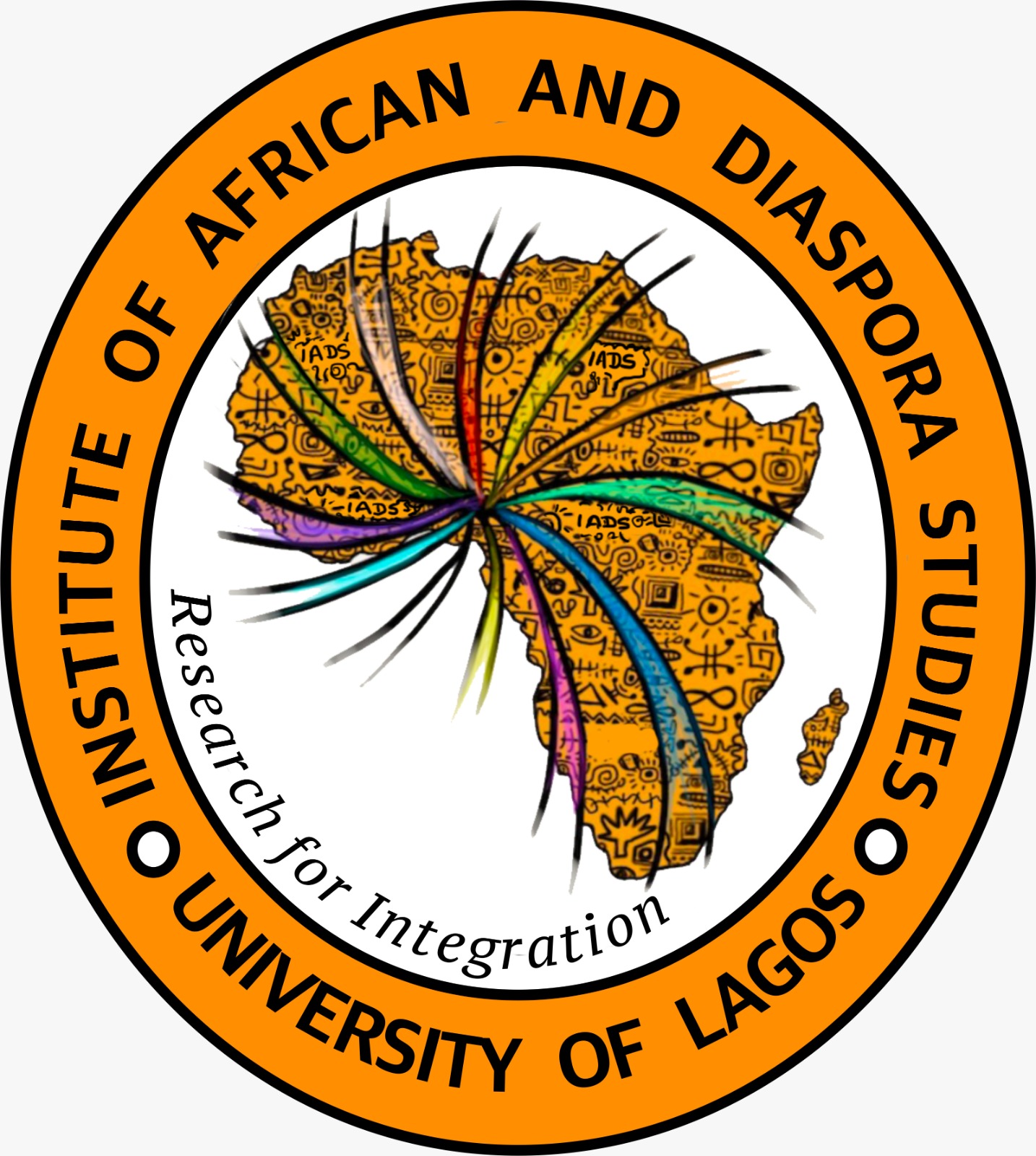




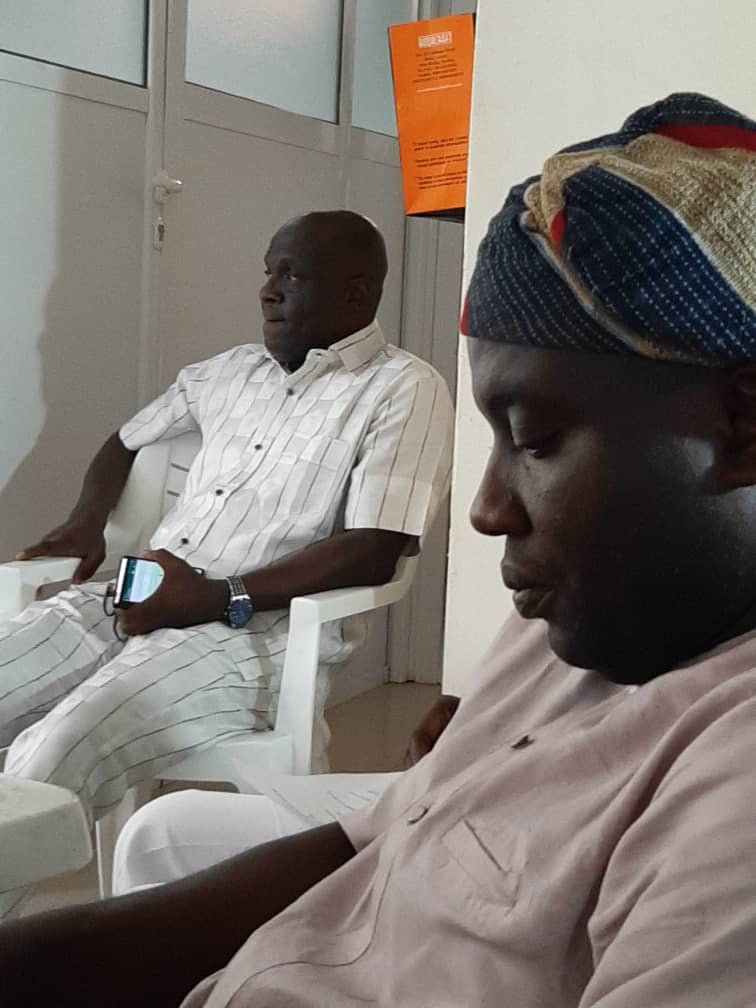


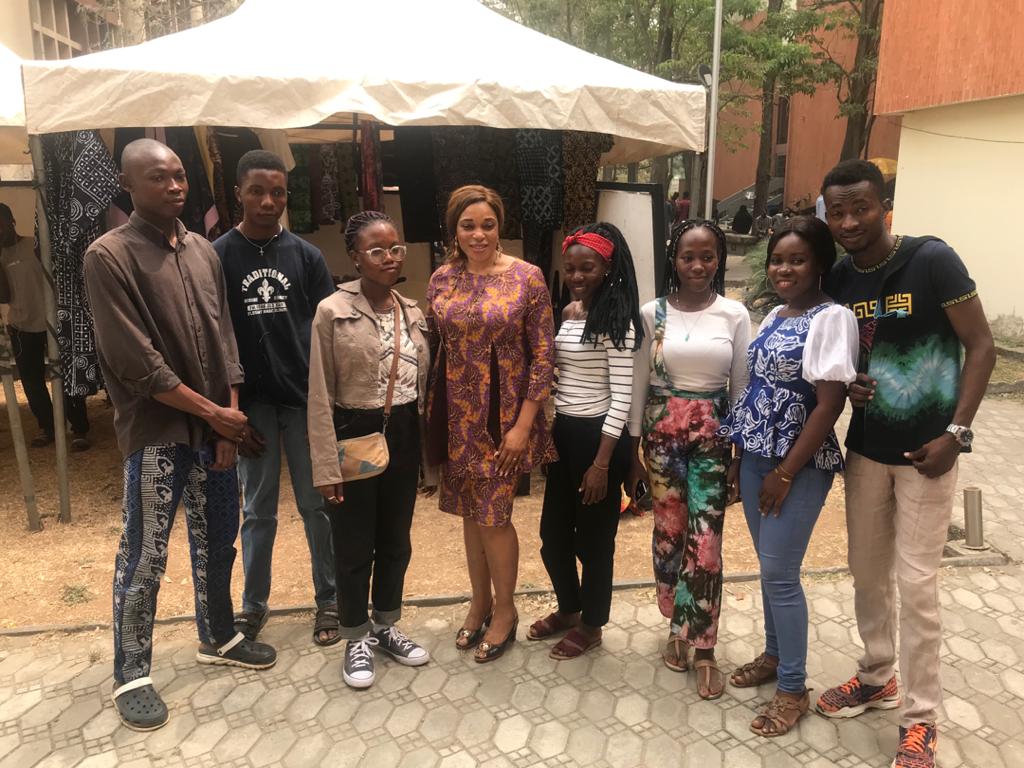
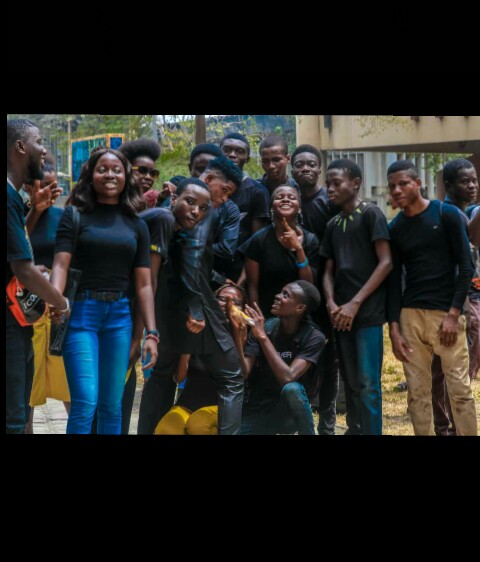
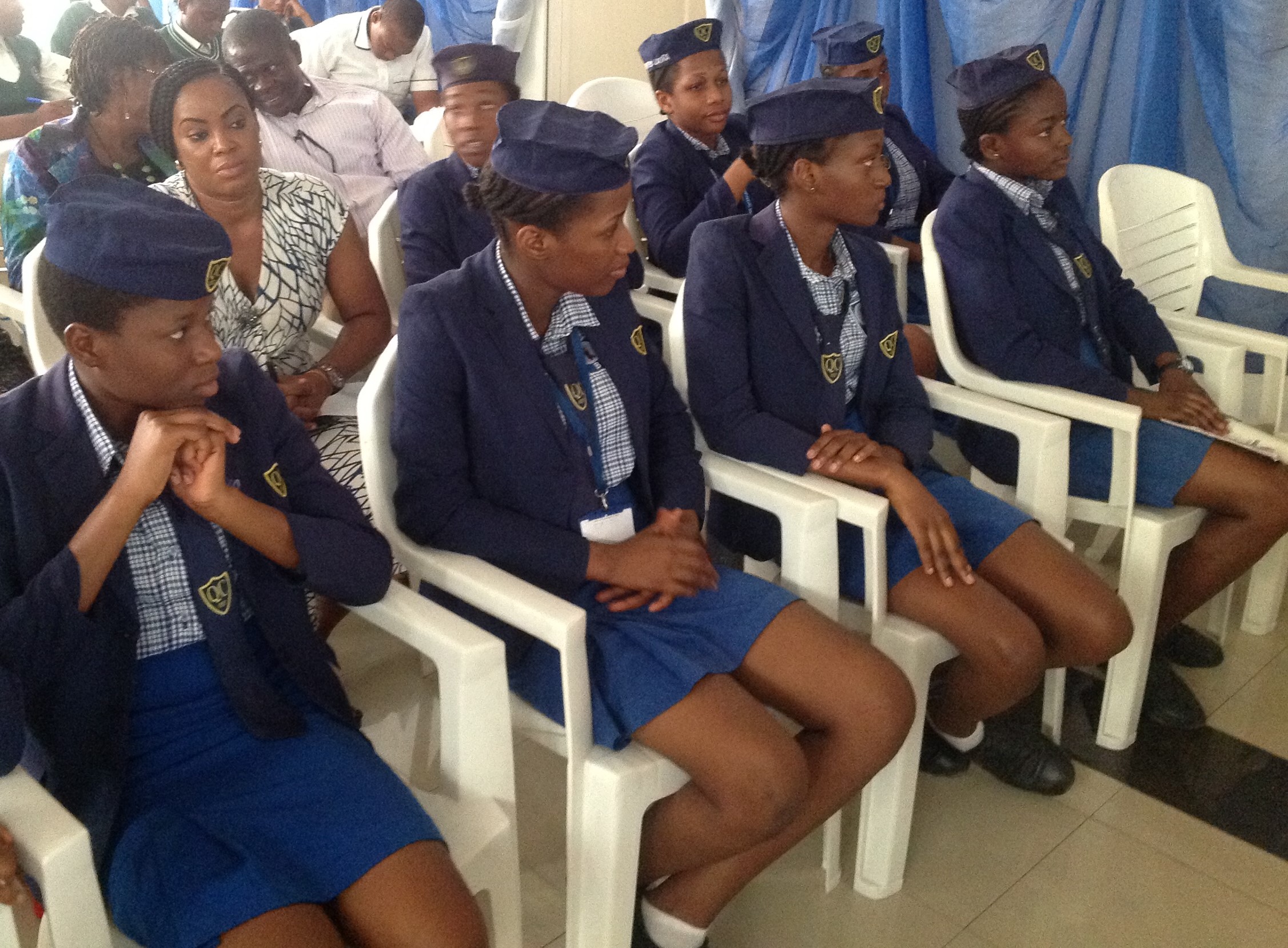

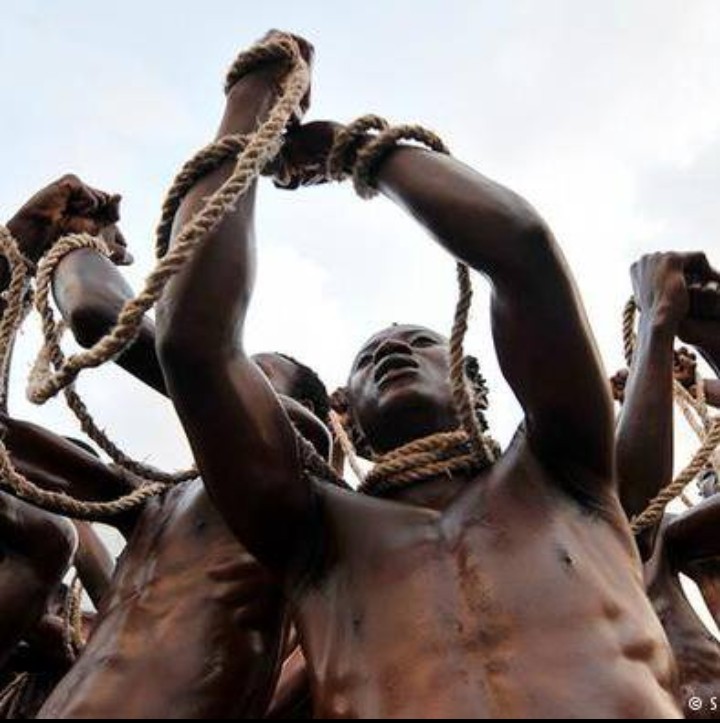
Recent Comments